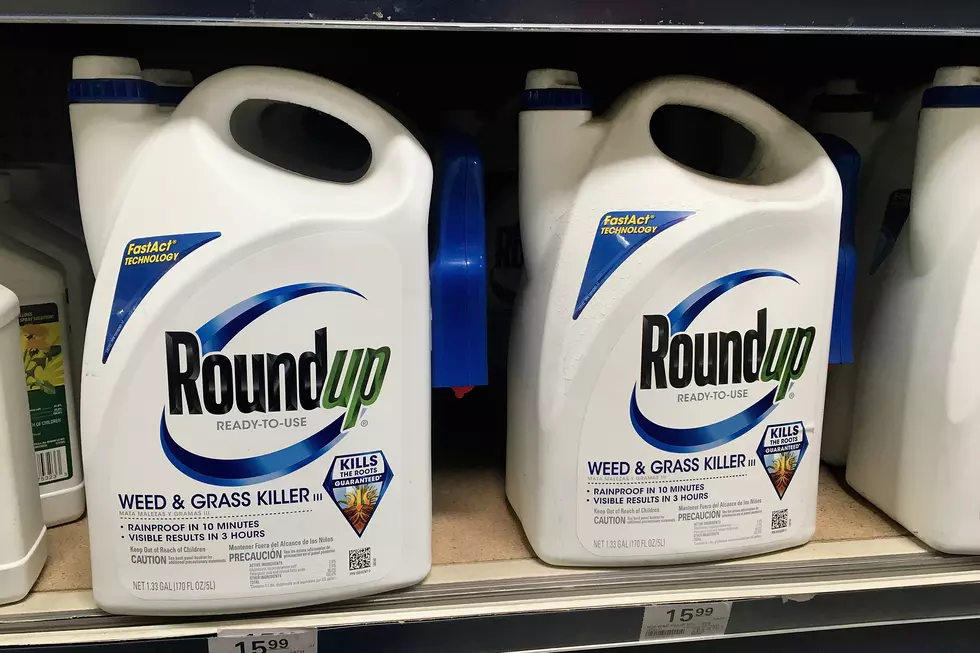
Do You Know Your Sodium Levels?
ST. LOUIS - Even if you've put down the saltshaker, there's a good chance you're still getting too much sodium in your diet, which could be putting you at risk for serious health issues.
Registered dietician Lori Jones says many Missourians have done a good job cutting back on salt in foods they prepare at home.
However, she says the problem is that most people just aren't doing as much of their own cooking these days.
"We don't have a lot of control over what is in our food when we eat out, so we're picking up a lot of sodium there," she explains. "We're also into convenience - so, we're using a lot of prepackaged, processed food."
Nearly all of the 1,000 people surveyed by the American Heart Association (AHA) either underestimated or didn't know how much sodium they eat every day.
Too much sodium can increase a person's risk for high blood pressure, stroke, heart disease and other major health problems.
Jones points out that most people consume nearly double the recommended 1,500 milligrams of sodium per day, or about three-quarters of a teaspoon.
And she says unfortunately the consequences of a high-sodium diet are no longer limited to adults.
"We're starting to see high blood pressure in younger ages, like teenage years," she explains. "And if you have a child that's overweight, having a high-salt diet may push them toward high blood pressure at an earlier age."
Cardiovascular disease is the leading cause of death and disability worldwide, according to the AHA.
That's why the organization has put together an online toolkit to help people determine and reduce the amount of sodium in their diet.
It is online at Heart.org/sodium.
More From AM 1050 KSIS









